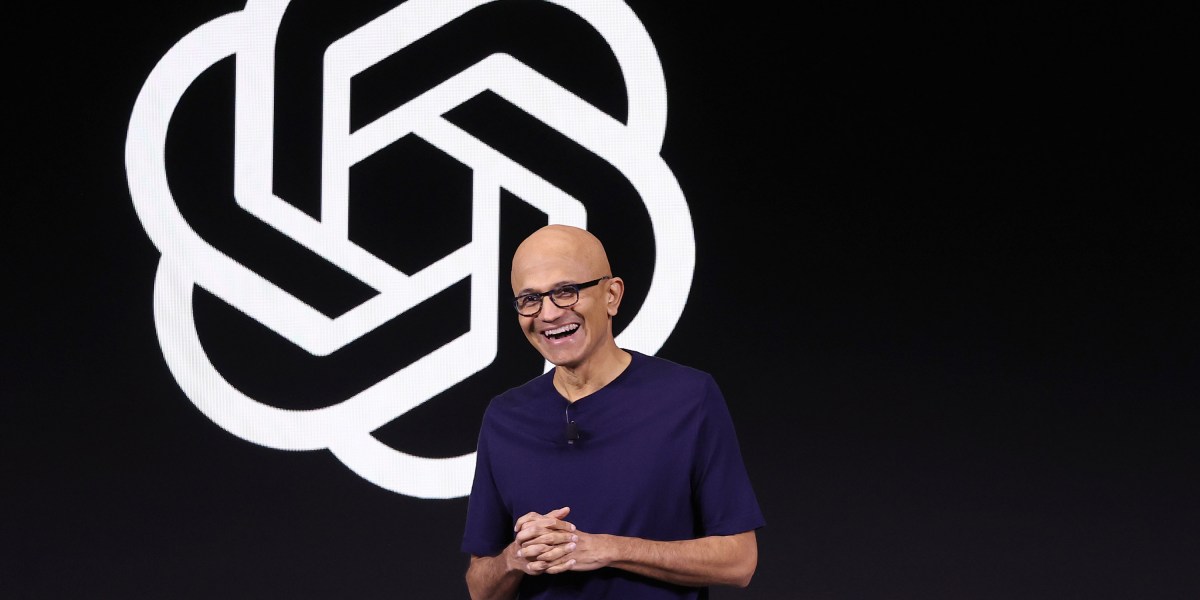
—By Amba Kak, Sarah Myers West and Meredith Whittaker, members of the AI Now Institute
Until late November, when the epic saga of OpenAI’s board breakdown unfolded, the casual observer could be forgiven for assuming that the ecosystem around generative AI was vibrant and competitive.
But this is not the case—nor has it ever been. And understanding why is fundamental to understanding what AI is, and what threats it poses. Put simply, in the context of the current paradigm of building larger- and larger-scale AI systems, there is no AI without Big Tech.
With vanishingly few exceptions, every startup, new entrant, and even AI research lab is dependent on these firms. Those with the money make the rules. And right now, they’re engaged in a race to the bottom, releasing systems before they’re ready in an attempt to retain their dominance. Read the full story.
I received the new gene-editing drug for sickle cell disease. It changed my life.
—By Jimi Olaghere, a patient advocate and tech entrepreneur
One day a few years ago, I received a package that would change my life. It was from Vertex Pharmaceuticals, and it contained a consent form to participate in a clinical trial for a new gene-editing drug to treat sickle cell disease.
I’d lived with sickle cell my whole life—experiencing chronic pain, organ damage, and hopelessness. To me, this opportunity meant finally taking control of my life.
The drug I received, called exa-cel, could soon become the first CRISPR-based treatment to win approval from the US Food and Drug Administration. But many people who need these treatments may never receive them. Read the full story.
